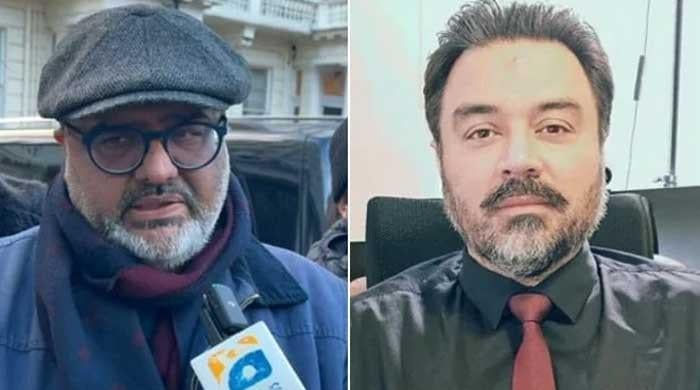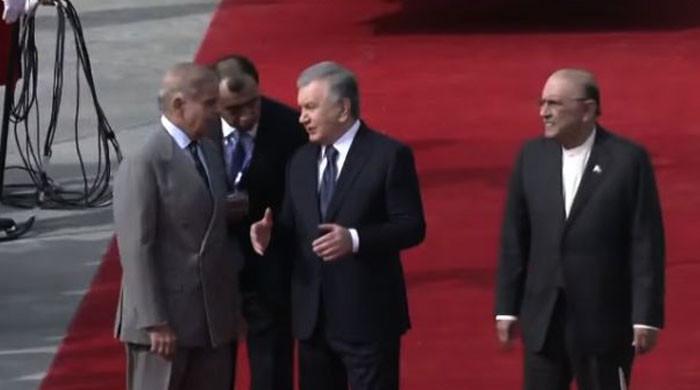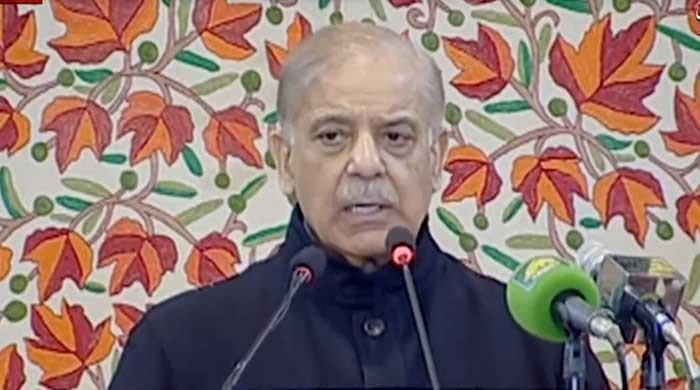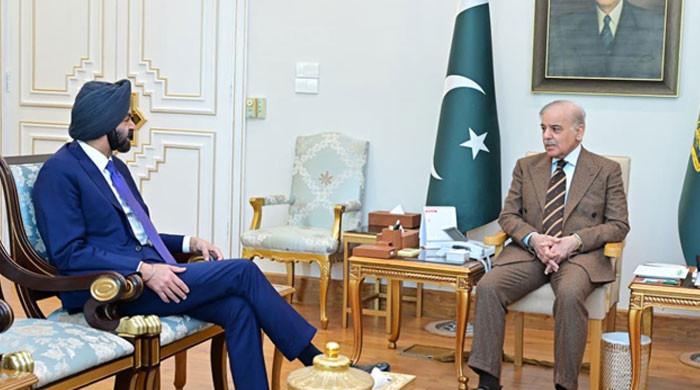Will SC give credence to BVI documents or private firm’s letters?
It remains to be seen whether the Supreme Court will consider the British Virgin Islands (BVI) record authentic or that of a private firm
July 20, 2017
ISLAMABAD: As Hussain Nawaz presents the documents of a private firm in a last-ditch effort to establish that he is the beneficial owner of Nielsen and Nescoll, not Maryam Nawaz, it remains to be seen whether the Supreme Court will consider the British Virgin Islands (BVI) record authentic or that of a private firm.
On the one side, there are BVI documents that have been in existence well before the Panama Papers made headlines. An effort is being made to negate them through the letters of private firms in the middle of the court battle. Whether information that the firm passed on to BVI was accurate or the one reflected in the letters to be submitted before the SC.
While BVI had already confirmed that the information submitted to its Financial Investigation Agency in 2012 declared that Maryam was the beneficial owner of the offshore companies, Nielsen and Nescoll, the Sharif family is now trying to dispute that through the letters of its service providers.
The BVI record about the companies under question is based on the information it obtained through Mossack Fonseca, the Panama-based law firm which was representing the family in the BVI. Any query from the BVI regarding the companies is dealt through this firm. Minerva Services is a service provider company that was a link between the family and the law firm.
Out of the three ‘new’ documents released to the media on Wednesday night, one had already been submitted before the court when even the Joint Investigation Team (JIT) was not formed for a thorough probe. This was written by the Minerva Services on the request of the Sharif family in which Umesh Sahal, the service provider, had confirmed to Hussain that “to the best of my recollection” a meeting took place at Hassan’s residence in which Minerva took over the management of Nielsen and Nescoll.
This letter was submitted to the court in December, last year. Its purpose was to point out that Hussain was involved in dealing with the companies’ affairs, not Maryam which in itself is not a proof that she’s not the beneficial owner. However, Umesh Sahal, had nowhere declared in the letter that the information his company passed on to Mossack Fonseca about Maryam as beneficial owner, was wrong.
More than a dozen emails had been exchanged between Mossack Fonseca and Minerva from June 12 to June 22, 2012 to verify the information sought by the BVI’s Financial Investigation Agency which inquired about the beneficial owner of Nielsen and Nescoll as well as whether any trust was attached with these companies or not.
The reply submitted after duly verification declared that Maryam was the beneficial owner and her Know Your Customer details was attached. It was further declared that there was no trust attached with these companies, contrary to the claim by the family about a secret trust deed showing Maryam as trust and Hussain as beneficial owner.
A couple of other letters which would be submitted before the SC on behalf of Hussain have been obtained from JPCA Limited, a new service provider that has replaced Minerva to represent Nielsen and Nescoll.
In these letters, the same point has been emphasised that none of the JPCA’s representatives ever met with Maryam and that she is only the trustee whereas Hussain is the beneficial owner.
Here arise two questions; first, it was Minerva that had submitted information to Mossack Fonseca for further communication to BVI, not the JPCA. Therefore, it is not qualified to make such claims. Second, having not met with Maryam doesn’t necessarily negate the fact that she is the beneficial owner. In a culture like ours, even bank accounts are operated in the name of women whereas men represent them everywhere unless the account holders’ signatures are required. Many rich have opened companies and taken loans in the names of their female members.
Due to the foregoing, there is an interesting debate expected in the court that will be left to decide which to give more credence: the official documents of BVI or the letters obtained from a private service provider company.
Originally published in The News











